By Dr. Catherine Marie Stainier Benoit, Pediatrician and Neonatologist, Medical Director of Aventino Medical Group, Rome
Fresh air, light, and freedom: key ingredients in child development
“Outdoor activity is essential for young children,” explains Dr. Catherine Stainier. It promotes development, improves sleep, and strengthens the immune system. It’s also a valuable opportunity for families to enjoy peaceful moments together. According to the American Academy of Pediatrics, at least one hour of outdoor activity per day supports motor development, coordination, and socialization. Exposure to natural light stimulates the production of vitamin D, essential for strong bones and a healthy immune system. In Rome, children benefit from a variety of stimulating environments—from the gardens of the Celio Hill to the tree-lined paths of Villa Borghese.
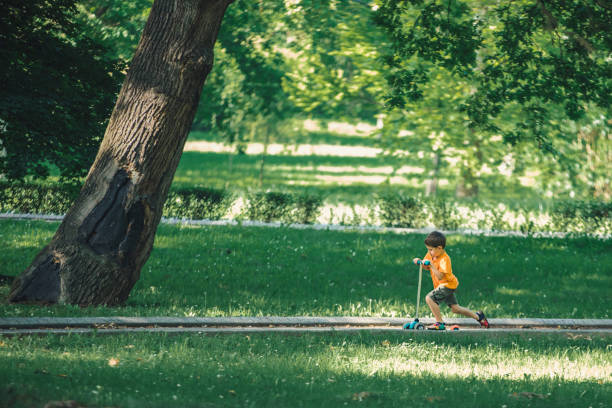
Free play: a right that educates
Time spent outdoors allows children to invent, explore, observe, and take safe risks. Unstructured play in natural settings fosters creativity, independence, and emotional skills. Research conducted by the University of Cambridge shows that spontaneous play improves concentration and reduces stress in preschool and school-aged children.
But it’s not just about emotions: free play in nature actively stimulates cognitive abilities. Neuropsychological studies show that children who regularly play in green environments develop better executive functions—that is, the mental skills that allow for planning, problem-solving, time management, and resisting distractions. The absence of fixed structures and predefined rules encourages children to make their own decisions, negotiate with others, and adapt to unexpected stimuli. This type of experiential learning is essential for the harmonious development of the brain and lays the foundation for future learning and autonomy in daily life.
In Rome, green spaces such as the Caffarella Park or the Monte Oppio Garden provide areas where both body and imagination can run free.
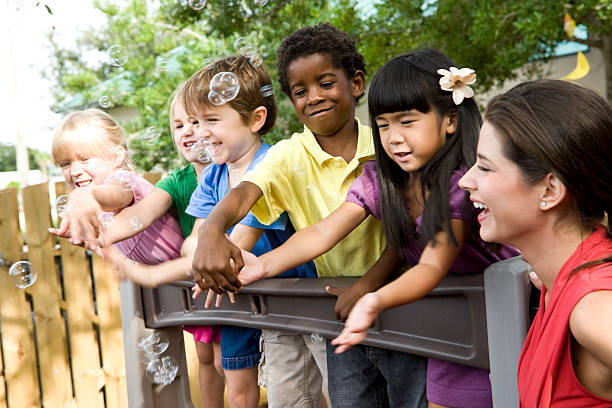
Shared time: benefits for the whole family
Spending time outdoors isn’t just good for children. Family walks, bike rides, and picnics in the park strengthen parent-child bonds, lower cortisol levels in adults, and improve overall mood. In the city, creating small weekly routines—like an evening walk around the neighborhood, playing in the park after school, or spending Sunday in a historic villa—helps build healthy, shared habits. Moreover, children who see adults being active outdoors are more likely to imitate them and internalize the value of movement.
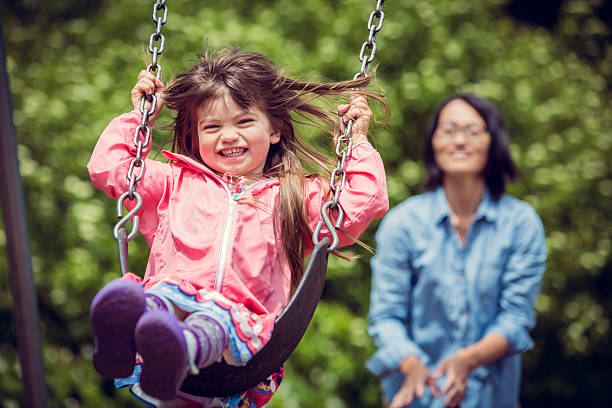
Activities to enjoy together: movement, nature, and social connection
Every age has its ideal activities. For the little ones: running on the grass, collecting leaves, jumping in puddles. For older children: urban treasure hunts, light hikes, team games. More active families can join outdoor sports events or participate in parent-child walking groups, family yoga sessions, or eco-friendly workshops. In Rome, there are many initiatives that promote outdoor movement as a form of collective well-being. All you need is a bit of curiosity and a water bottle.
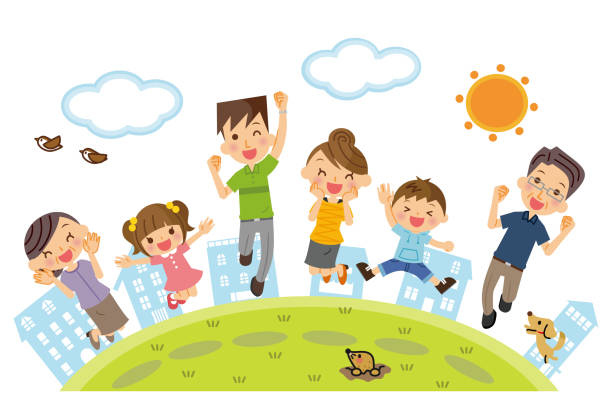
Conclusion
Spending time outdoors is a simple yet powerful gift for children’s health and family harmony. In a city like Rome, full of greenery and history, every outing can become an educational and emotional experience. Nurturing this habit means creating memories, promoting health, and strengthening bonds—step by step.
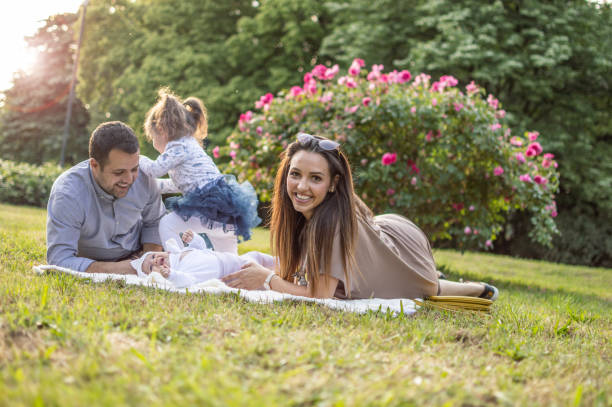
Take Care of Your Child’s Health
Free time can be a precious opportunity for growth. If you’d like to learn more, feel free to discuss it with your trusted pediatrician.
Pediatrics – Aventino Medical Group
